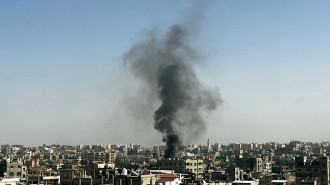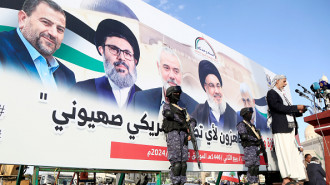Few voting in Tunisian election amid rise in president's powers
Tunisia's parliamentary runoff election on Sunday looked set to replicate the low turnout of December's first round, with critics of President Kais Saied saying the near empty polling stations reflect public dismay at his seizure of broad powers.
The newly configured and much less important parliament is a central element of a political system Saied introduced last year after a July 2021 power grab that grants the presidency nearly untrammelled sway.
بلغت نسبة التصويت في الدور الثاني للانتخابات التشريعية 7.73% حتى الثالثة عصراً.
— Farah Fawaz | فرح فواز (@FarahFawaz90) January 29, 2023
فكيف لشعب يعاني 37.8% من شبابه من البطالة وحجم الدين العام لديه بلغ 80.2% من الناتج المحلي وخُمسه تحت خط الفقر ينتظرون في طوابير الخبز والحليب، أن يخرج للتصويت؟#تونس #فرح_فواز pic.twitter.com/VncbzXQuAQ
#تونس عشرون صحفيا وناخب وحيد pic.twitter.com/XRKyGLv00k
— Bassam Bounenni بسام بونني (@bbounenni) January 29, 2023
In the first round of voting for the parliament in December only 11% of the electorate took part, according to official data. Early turnout figures released by the electoral commission on Sunday showed little improvement.
Polls are open from 8 a.m. until 6 p.m. (0700 GMT-1700 GMT). Electoral commission figures indicated 7.7% turnout by 3 p.m., only slightly higher than the 7.2% registered by the same time in December's vote.
"I'm not interested in elections that do not concern me," said Nejib Sahli, 40, passing a polling station in the Hay Ettahrir district of Tunis early on Sunday.
Independent electoral observers, including the local Mourakiboun group, have questioned official turnout figures, accusing authorities in many districts of withholding data they rely on to monitor the election's integrity.
"This strikes strongly at the transparency of the election and any numbers provided by the authorities," said Mourakiboun head Slim Bouzid.
Opposition groups have accused Saied of a coup for shutting down the previous parliament in 2021 and say he has trashed the democracy built after Tunisia's 2011 revolution that triggered the "Arab Spring".
They are mostly boycotting the election but remain divided among themselves on how to move forwards.
Saied has said his actions were both legal and necessary to save Tunisia from years of corruption and economic decline at the hands of a self-interested political elite.
Though his new constitution passed in a referendum last year, only 30% of voters took part.
Tunisia's elections: Why there is little hope for Kais Saied's political roadmap
— The New Arab (@The_NewArab) December 14, 2022
✍ @elattibasma https://t.co/L8Ff6phYXo
A Reuters journalist at one polling station in the Ettadamon district of Tunis said no voters attended during the 20 minutes he spent there.
At another Ettadamon polling station, one voter, who gave his name as Ridha, said he was supporting Saied. "He is a clean man fighting a corrupt system," he said.
At a cafe in Ettahrir, another Tunis district, only Mongi Layouni, one of seven men sitting drinking coffee, said he might vote.
"I don't know. Maybe I will go later," he said. Another man sitting in the cafe, who gave his name only as Imad, said he did not believe his vote mattered after Saied's political changes.
"The president alone is deciding everything," he said. "He does not care about anybody and we do not care about him and his elections".
A deepening economic crisis, that has caused shortages of some foods and medicines and led the government to seek an international bailout, has added to widespread disillusionment with politics.
"We don't want elections. We want milk and sugar and cooking oil," said Hasna, a woman shopping in Ettadamon on Sunday.
On Friday Moody's credit ratings agency downgraded Tunisian debt saying the country would likely default on sovereign loans.
Since December's vote, state television coverage has focused on the runoff. The opposition said this is part of an effort by the state to boost turnout.
"This is a fall from a great height. They are hiding their turnout rates," said Issam Chebbi, a political party leader.
Chahed, an independent electoral monitoring group, said the level of voter participation was very low early on Sunday and said it had seen local government vehicles being used to transport some voters to polls.
(Reuters)

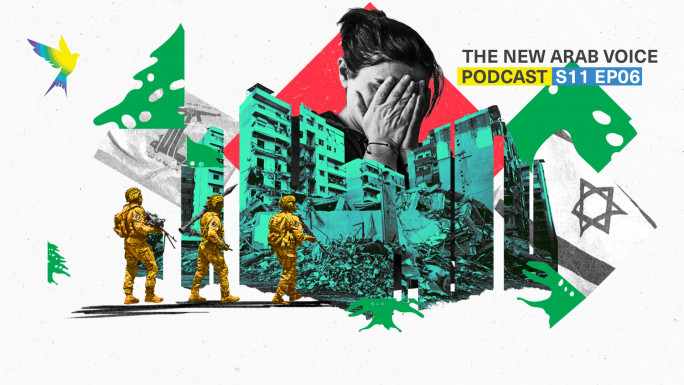
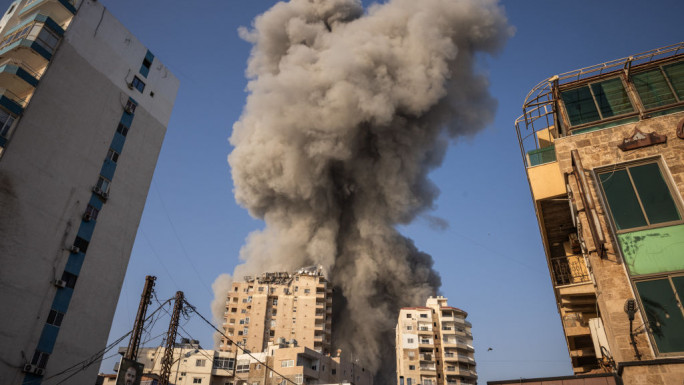
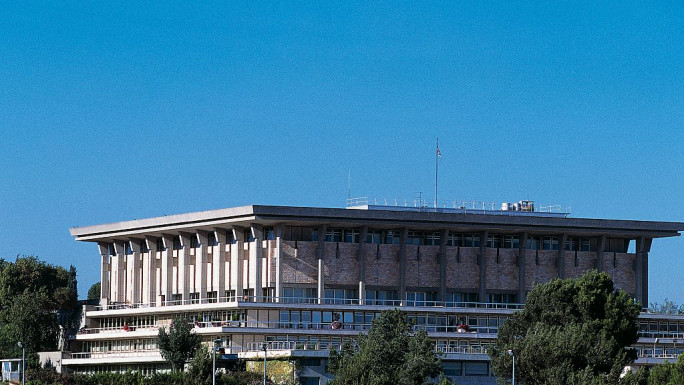
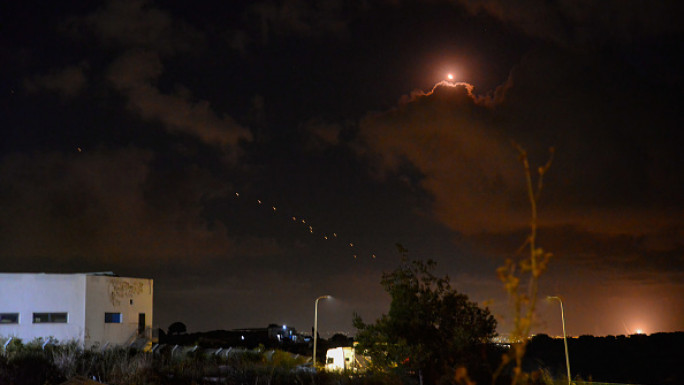
 Follow the Middle East's top stories in English at The New Arab on Google News
Follow the Middle East's top stories in English at The New Arab on Google News
![Palestinian detainees' families [Getty]](/sites/default/files/styles/image_330x185/public/1794396218.jpeg?h=a5f2f23a&itok=nESfx5RV)
